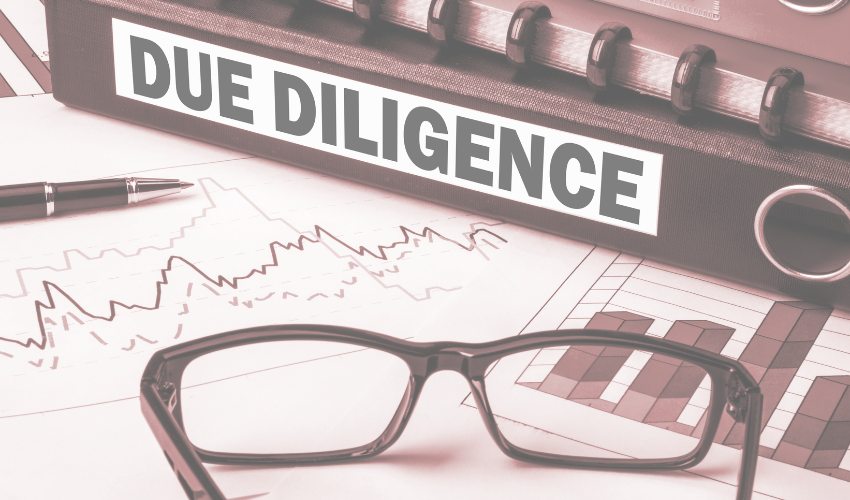What is Due Diligence and it’s process?
Due diligence is a systematic and thorough investigation or appraisal carried out by an individual or an entity contemplating a business transaction or investment. It serves as a safeguard, providing a comprehensive understanding of the potential risks, opportunities, and the overall health of the subject under consideration.
Key Components of Due Diligence:
Financial Due Diligence:
Examining financial statements, cash flows, and assessing the financial health of the target or investment is crucial. This includes scrutinizing balance sheets, income statements, and cash flow statements to gain insights into the company’s financial stability and performance.
Legal Due Diligence:
Investigating legal aspects involves assessing contracts, agreements, litigation history, and compliance with applicable laws and regulations. Identifying legal risks ensures that the potential transaction aligns with legal requirements and mitigates the chances of future legal complications.
Operational Due Diligence:
Analyzing the operational aspects of a business involves assessing its day-to-day activities, processes, and systems. This component delves into the efficiency of operations, potential bottlenecks, and the overall effectiveness of the business model.
Strategic Due Diligence:
Understanding the strategic positioning of the target is crucial. This involves evaluating market dynamics, competition, growth potential, and alignment with the acquirer’s or investor’s strategic goals. Assessing strategic fit is vital for long-term success.
Commercial Due Diligence:
Commercial due diligence focuses on the market and commercial aspects of the target. This includes studying customer relationships, market trends, product/service positioning, and potential for growth in the market.
Environmental, Social, and Governance (ESG) Due Diligence:
In an era where sustainability is paramount, ESG due diligence evaluates the environmental, social, and governance aspects of a business. This includes assessing the company’s impact on the environment, its social responsibility, and the effectiveness of its governance structure.
The Due Diligence Process:
Initiation:
The process begins with the identification of the need for due diligence. This could be triggered by a potential merger or acquisition, an investment opportunity, or any significant business transaction.
Planning:
Thorough planning is essential to define the scope, objectives, and timeline of the due diligence process. This phase involves assembling a team of experts, allocating resources, and developing a comprehensive plan.
Execution:
The execution phase involves conducting the actual due diligence, encompassing financial, legal, operational, strategic, commercial, and ESG aspects. This is a meticulous and in-depth investigation where data is gathered, analysed, and assessed.
Analysis and Reporting:
Following the execution, the findings are analysed, and a detailed report is prepared. This report outlines the strengths, weaknesses, opportunities, and threats associated with the target or investment. It forms the basis for decision-making.
Decision-Making:
Armed with the due diligence report, decision-makers can make informed and strategic choices. This could involve proceeding with the transaction, renegotiating terms, or even deciding against moving forward based on identified risks.
Challenges in Due Diligence:
Data Accuracy and Completeness:
Obtaining accurate and complete data can be challenging, especially if the target company lacks transparency or if the available information is limited.
Time Constraints:
Due diligence processes often operate under tight timelines. Balancing the need for thorough investigation with the pressure to expedite the process can be challenging.
Complexity of Cross-Border Transactions:
In the case of international transactions, navigating diverse legal and regulatory frameworks adds an additional layer of complexity to the due diligence process.
The Role of Technology in Due Diligence:
Advancements in technology have significantly transformed the due diligence landscape. Data analytics, artificial intelligence, and machine learning play a crucial role in processing large volumes of data quickly and identifying patterns that might be overlooked in traditional due diligence approaches.



